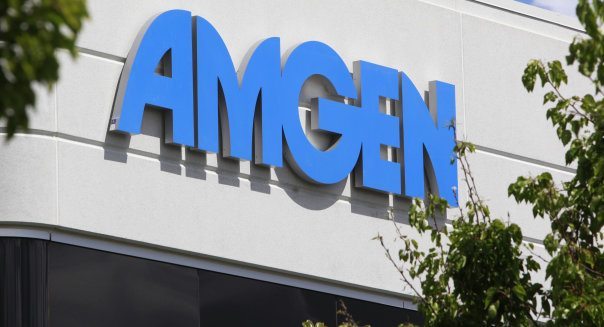
Amgen, Inc. (NASDAQ:AMGN) has been recently encouraged by new data on safety and efficacy of its cholesterol drug called Repatha (evolocumab). The data providing new insight into the performance of Repatha was presented at the European Society of Cardiology Congress (ESC) in Rome.
The company said that the new analysis report backs what has already been known about the efficacy of Repatha in reducing low-density lipoprotein cholesterol (LDL-C).
The data analysis focused on the performance of the drug with patients with familial (inherited) hypercholesterolemia (FH) and those with cardiovascular (CV) risk.
CV risk categorization
The researchers analyzed data from three Phase 3 studies involving Repatha that were carried over a period of 12 weeks. Patients in the CV risk arm were grouped as very high, high, moderate and low risk.
The analysis of the Phase 3 data showed that patients who received Repatha medication registered a remarkable decline in their LDL-C levels compared to those who received placebo and Merck’s Zetia (ezetimibe).
Dosing of Amgen’s Repatha was done at either 420 mg once per month or 140 mg every two weeks. A marked reduction in the level of LDL-C in patients taking Repatha could be seen in the mean of 10 weeks and 12 weeks of study across the different risk groups.
Looking at the performance of Repatha at individual risk groups, the analysis showed that the drug lowered LDL-C level by more than 65.2% compared to a placebo in the very high-risk subgroup. Repatha also exceeded ezetimibe in reduction of LDL-C in the very high-risk subgroup by 40.7%.
Adverse events
Adverse events related to Repatha treatment were cited at 43.1%, which compared with 40.8% of ezetimibe and 50.5% of placebo.
Outcome in FH patients
Analysis was also provided that showed the performance of Amgen’s Repatha in a combination treatment with a standard-of-care (SOC) therapy in heterozygous FH patients. The analysis showed that after 48 weeks of treatment, the level of LDL-C in those patients dropped by 53.6%. That compared by a meager 2.1% achieved with SOC alone.
However, Repatha exhibited an adverse events rate of 80% compared to SOC’s 67%.
Amgen’s Repatha generated sales of $27 million in the last quarter.





